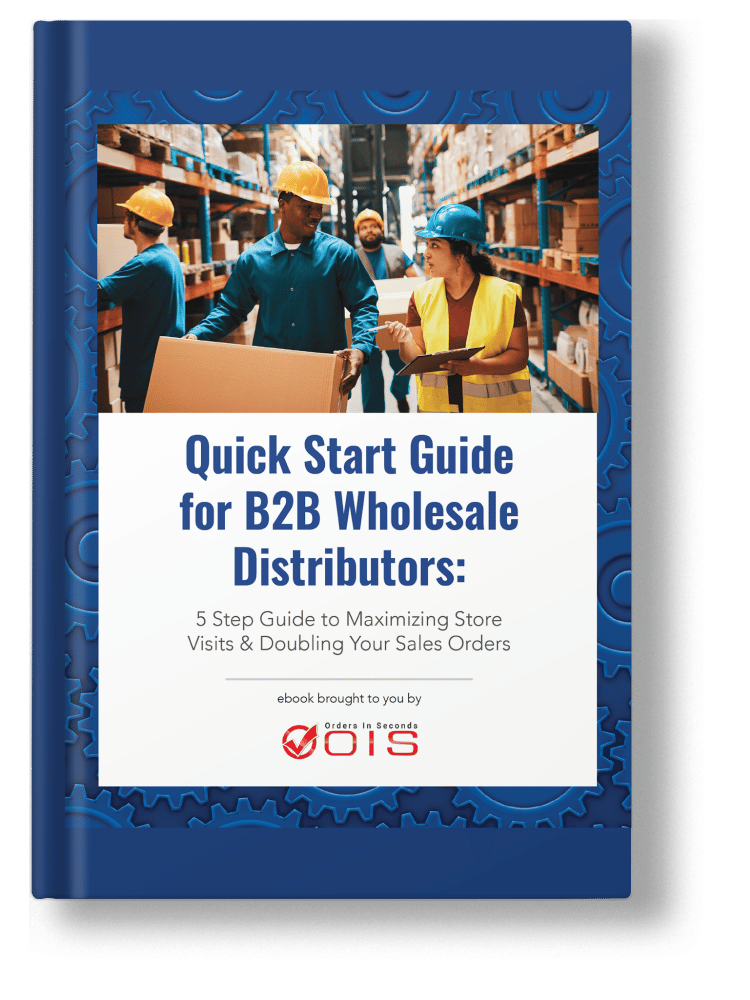One of the most important benefits from working on an ecommerce website is tracking of sales and attribution of investment. When you connect your ecommerce website to an ad platform, whether it be programmatic ad buying to Facebook, Twitter or Instagram, you’ll be able to track your customer journey throughout the web.
The way ad buying and targeting works is through cookie and device ID tracking. By inputting the right information into on of your platforms, you’ll be able to see whether the campaign you’ve created is effective or not to your selected audience. But how does it work?
First, you must determine your audience. Who is your ideal customer? What are their basic demographics? What are their interests? Do you have an idea of who they are at heir core and what they like to browse during their time online? You build the basics of your targeting through demo, after that, you can layer interesting details like interest, category and even in-market data your can purchase through different data providers depending on the platform but including NCS (Nielsen Catalina Solutions) or even Visa data information through private deals.
Where are they buying? Which websites are they visiting? If they’re on social media, which platforms re they using? Do you want to target them during website visits or during their social interactions? These questions can help you identify which media you will use.
If you decide targeting website they visit, programmatic ad buying through platforms like the Amazon DSP, Google DV360, Mediamath, Google Ads and others are available for both small and medium businesses.
If social is your cup of tea, then Facebook and Twitter targeting provide data solutions that might help your target the customer that you need to reach.
What then?
You need to connect your website data to any of these platforms. In order to optimize your ad buy, you need to see results in real time. By connecting tracking from your website and logging sales as a main KPI in your ad strategy you can get more efficiency for your buck as you target an audience or shift strategies depending on what works and what doesn’t.
We suggest taking a dive into the big world if digital advertising for any sort of online strategy. Being able to try different campaigns and ad formats will inevitably help drive traffic to your eCommerce website. Awareness is only the first step, so making sure you map out a branding campaign before your start selling is important, if not vital, to making your website start selling.
This might seem like a big step, diving into marketing, but making sure you advertise your eStore is a necessary step to helping your site sell. If Digital Ad buying seems like a huge leap, you can also look into leveraging your first party data. You can use your current client list and send communications for the launch of your website and send follow up emails with new launched products and inventory on sale.
Want to know more about our eCommerce solutions? Click here to explore more.





